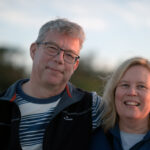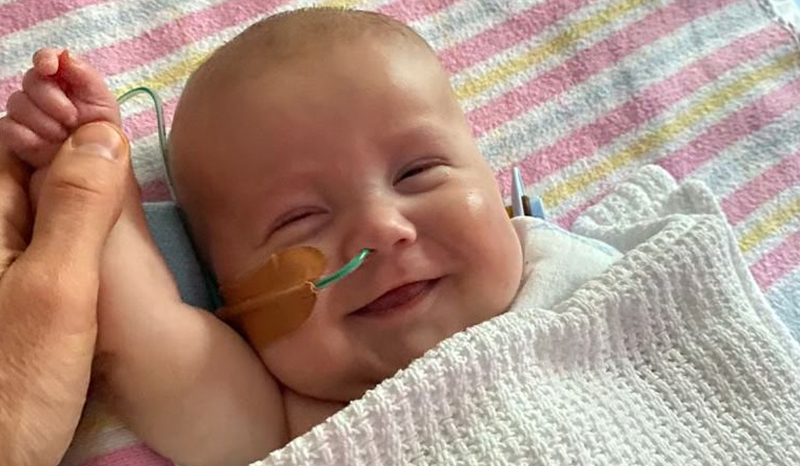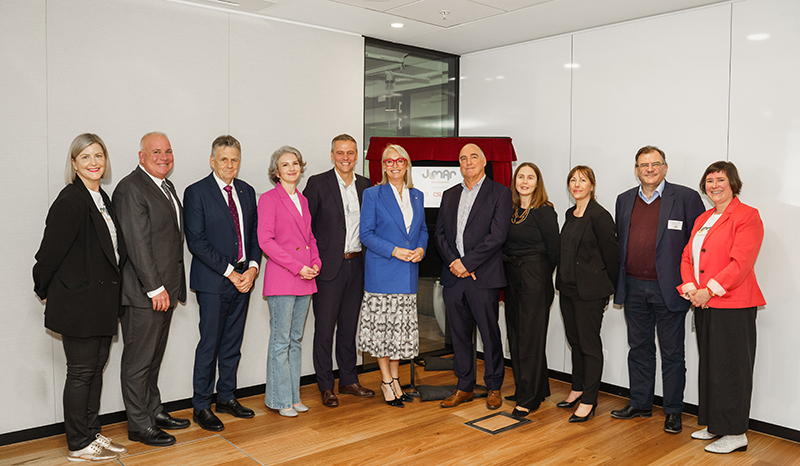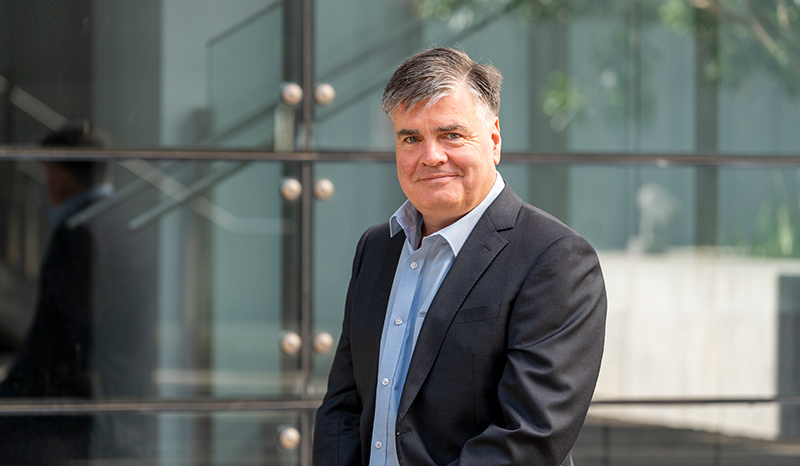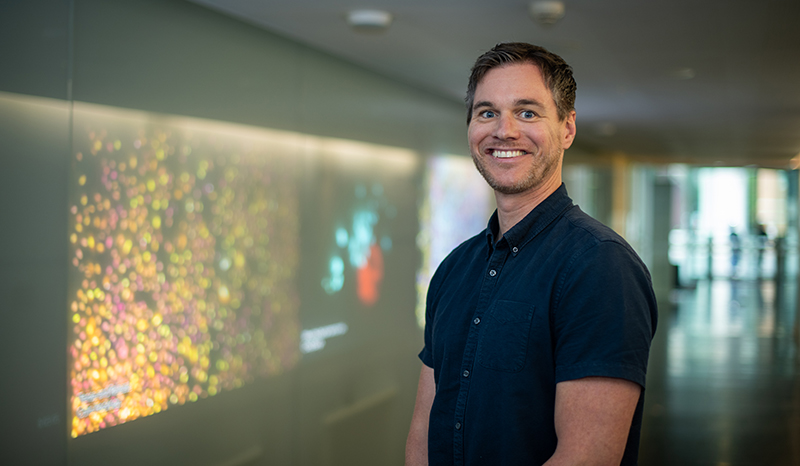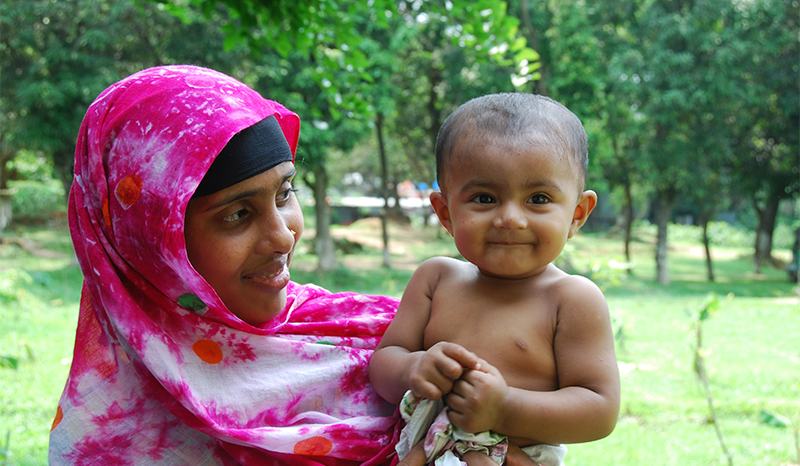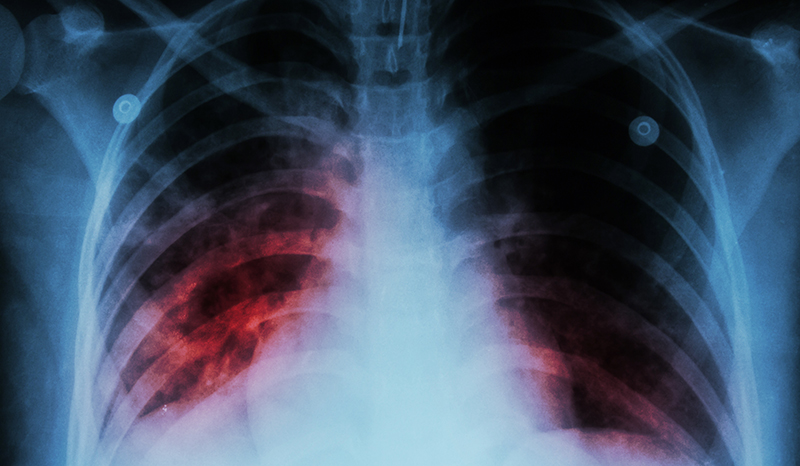Please note the Microsoft Teams meetings for the next event will be added by 14 September and will only be available to access during the listed session times.
The Virtual Student Open Day has two parts:
4:00pm – 4:35pm (AEST): Online information session
Learn about studying at WEHI, and how to apply
Attend this session: Teams Live event
4:35pm – 5:30pm (AEST): Virtual networking session
In this session you can visit different Teams meeting rooms to meet supervisors, students and our Scientific Education Office.
Please note that Teams Meeting Rooms will only be accessible during the virtual networking session (4:35-5:30pm).

